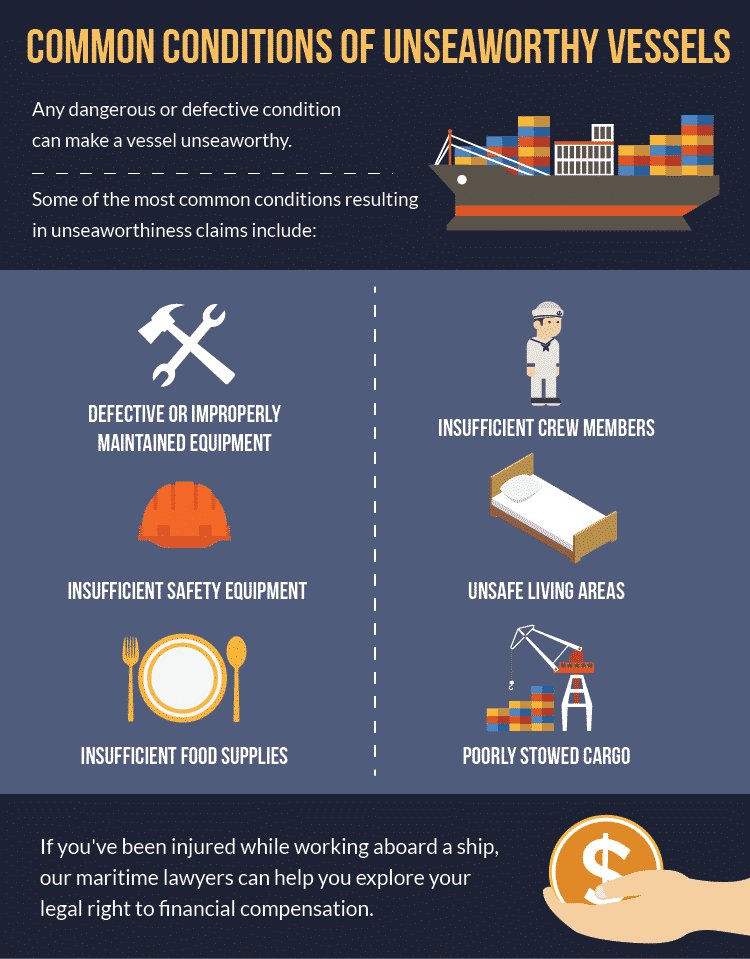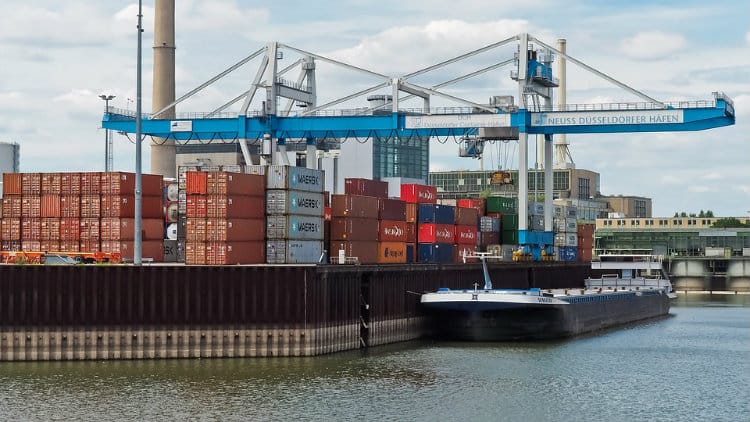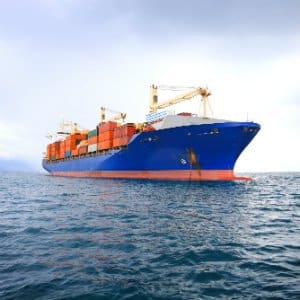If you or a loved one has been seriously injured or killed in a work accident as a ship crew member, you may be wondering what’s next:
Our experienced maritime accident lawyers can help answer your work injury concerns.
Crew members of industrial ships are regularly exposed to physically demanding and sometimes dangerous working conditions. These brave workers knowingly face the risk of serious injury or even death every shift in order to keep our economy running smoothly. Unlike workers in most other industries, injured seamen are not covered under workers’ compensation. Instead, their legal rights after an injury are covered under the Jones Act (AKA The Merchant Marine Act of 1920).
While the workers’ compensation system usually prohibits injured employees from suing their employers, crew members of ships and their families have the option to file lawsuits against their employers if some form of negligence caused the injury or death. This right applies both to crew member and ship owner negligence.

The world’s economy greatly depends on commercial water vessels of various forms. Goods and products have been transported via waterways for hundreds of years, and seamen have provided the valuable labor necessary to help build economies and bring nations closer together. It’s important that these workers and their families are protected when a preventable injury or fatal accident happens.
Even when all safety precautions are followed to the letter, working aboard a water vessel is dangerous work. Employers of these ships have a duty to keep their work environments as safe as possible for their employees. When an employer breaches this duty by allowing an employee to be injured in a preventable accident, that employer may be held liable for damages, according to the Merchant Marine Act of 1920 (AKA the Jones Act).
In maritime work injury cases that do not involve negligence, injured seamen can still recover financial compensation under maintenance and cure benefits. These benefits provide financial assistance for necessary living expenses and medical bills until an injured worker has reached maximum recovery from their injuries, as determined by a qualified doctor.
The Jones Act has specific eligibility requirements. In order to qualify as an eligible seaman, maritime workers must spend at least 30 percent of their work time in the service of a vessel on navigable U.S. waters or between U.S. ports.
In order to file a Jones Act claim, you must prove one of two things:
If you can prove that a shipowner, operator, or crew member caused your injury through negligence, then you’d likely have a strong case for a claim. Negligence essentially means that someone acted or failed to act in a way another responsible person would have in the same situation, which allowed someone else to be injured due to a preventable danger. For example, if a ship worker was struck and injured by a piece of equipment which was inadequately maintained, the shipowner could be considered negligent.
Other examples of sea vessel negligence include:
Ship owners have a legal duty to keep their vessels safe and free of hazardous conditions. If a ship owner fails to meet this duty, the vessel may be considered unseaworthy. These claims are made separately from other Jones Act claims and do not require you to prove negligence. You only need to prove that the vessel failed to meet accepted safety standards, including:
When a vessel fails to meet these requirements and a crew member gets injured, the ship’s owner could be held liable for damages related to the injury.
Specific examples of conditions which could result in an unseaworthiness claim include:
If you or a loved one was injured or killed in a preventable maritime accident, it’s important to be aware of your legal rights. Accidents caused by negligence or unseaworthy vessels are compensable under the Jones Act, but securing this financial compensation is not always easy. Establishing negligence or unseaworthiness can be a complex legal process and often requires the assistance of a lawyer with experience in maritime law and Jones Act claims.
To find out more about your options, contact us today for a free legal consultation.


 info@legalherald.com
info@legalherald.com